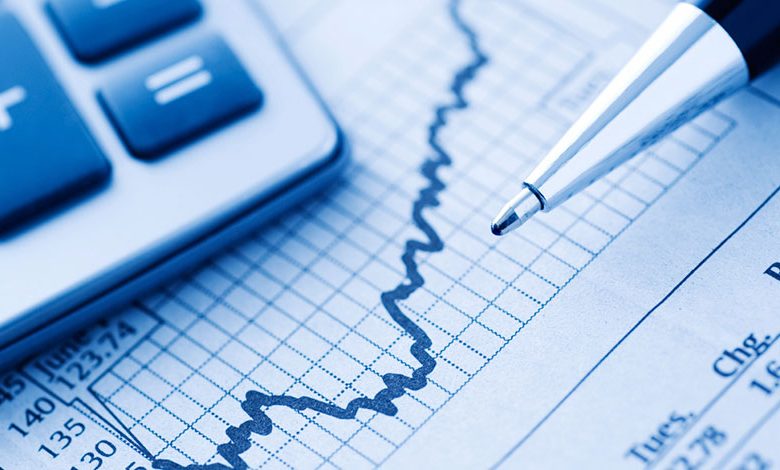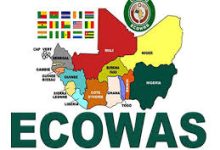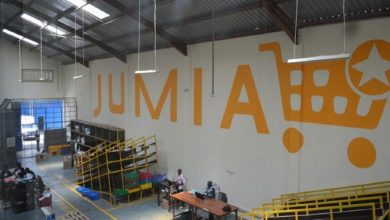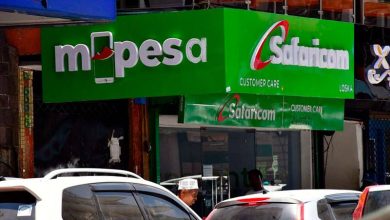Guinea’s GDP Rebasing Marks a Milestone in Economic Transparency and National Development Vision

The Republic of Guinea has finalized a significant GDP rebasing exercise, conducted by the National Institute of Statistics (INS) under the oversight of the Ministry of Planning and International Cooperation. Supported by the IMF, World Bank, African Development Bank, and AFRISTAT, the revision shows a 51.2% increase in GDP, offering a more precise and comprehensive view of the country’s economic structure.
The rebasing updates the national accounts’ reference year from 2006 to 2018, representing a significant advancement in Guinea’s economic statistics. The coverage has expanded to 104 activity branches and 187 economic products, up from 34 and 54 previously. The exercise also incorporates new data sources, including agriculture, employment, the informal sector, remittances, research, and digital activities, to more accurately capture the dynamism of Guinea’s economy.
Carried out under the direction of the Simandou Strategic Committee, this rebasing is part of the Simandou 2040 Program, Guinea’s national roadmap for socio-economic transformation. Together with the sovereign credit rating, the creation of the sovereign wealth fund, and the integrated Simandou project, it constitutes a key foundation for the Program, ensuring reliable economic data and enhancing the country’s credibility with technical and financial partners.
The results underscore the strength and increasing diversification of Guinea’s economy:
2018 GDP: GNF 161,539.2 billion (up from GNF 106,845.3 billion previously)
2024 GDP: GNF 311,898 billion, approximately USD 36.3 billion
Average growth: 6.1% between 2021 and 2024
Debt ratio: 29.07%, a notable improvement from the previous 45%
GDP per capita: USD 2,068, rising from USD 1,345 before rebasing
“The GDP rebasing is more than just a statistical exercise. It gives Guinea a dependable economic compass and a strong foundation for future planning. It serves as a tool of credibility and transparency, supporting our economic sovereignty,” stated H.E. Ismaël Nabe, Minister of Planning and International Cooperation.
This reform forms part of a wider initiative to modernize economic governance. In September 2025, Standard & Poor’s granted the Republic of Guinea its first-ever sovereign credit rating of B+ with a stable outlook, acknowledging the nation’s macroeconomic strength, fiscal discipline, and ongoing structural reforms.
This global recognition boosts investor confidence and facilitates the execution of the Simandou 2040 Program, Guinea’s national roadmap designed to convert natural resources into shared and sustainable prosperity.
The GDP rebasing brings Guinea in line with international standards of economic transparency and showcases its capacity to reinforce its development foundations.
This significant achievement embodies the vision of the President of the Republic, His Excellency General Mamadi Doumbouya, to create a modern, sovereign, and resilient Guinea, underpinned by robust institutions and dependable data.








